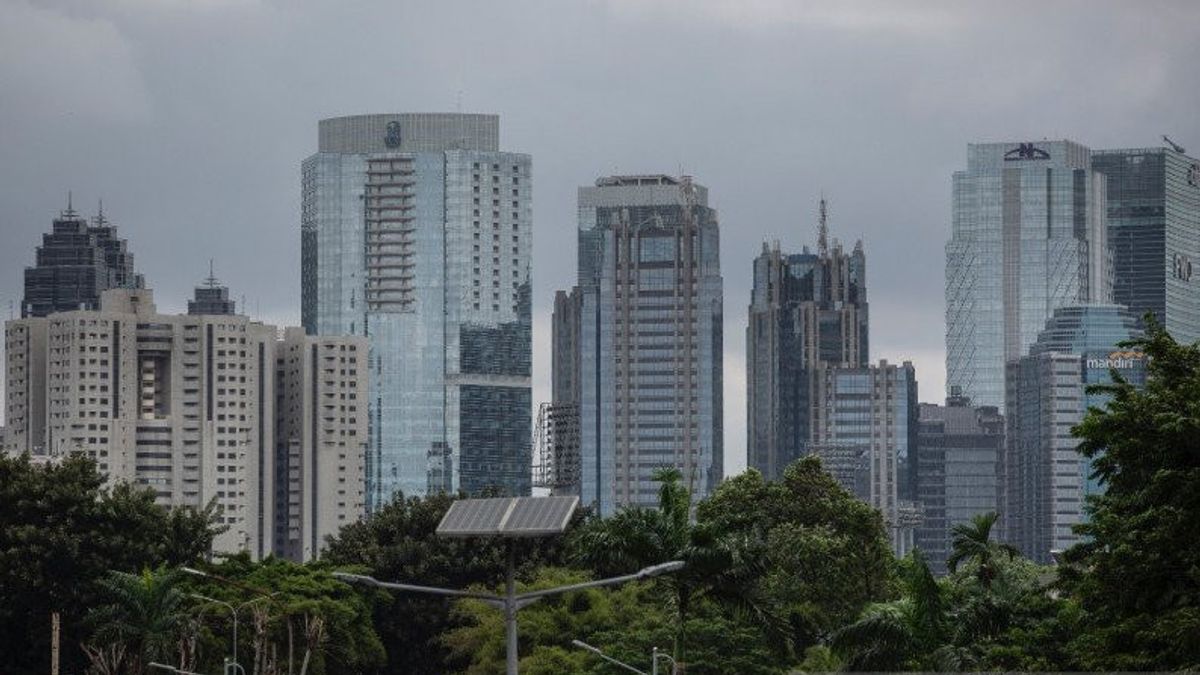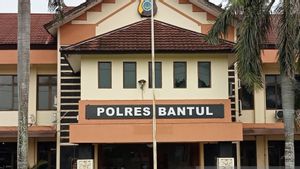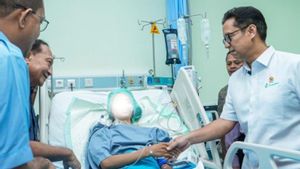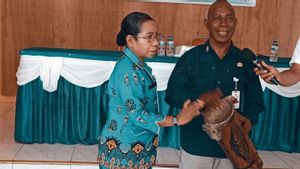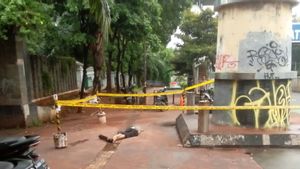JAKARTA - The government has finally announced the Implementation of Emergency Community Activity Restrictions (PPKM) to deal with the surge in COVID-19 from 3 to 20 July.
Member of Commission IX DPR Netty Prasetiyani Aher, reminded the government to synchronize and coordinate from the center to the regions so that it does not become a sterile and ineffective policy. According to him, the government must synchronize and coordinate policies with local governments to avoid confusion and rejection.
"Isn't the spearhead of the implementation of Emergency PPKM in the Regional Government? Don't let policies become sterile and ineffective because of a lack of central-regional coordination," said Netty to reporters, Thursday, July 1.
Emergency PPKM regulates work from home according to sector, restrictions on malls and restaurants and the elimination of face-to-face school activities, arts and culture, social activities, and worship. Netty assessed that the policy rules must be clear.
"The government must explain how to implement Emergency PPKM in the field. What distinguishes emergency PPKM from Micro PPKM and PSBB policies? The indicators must be broken down, not just changing terms that make the public tired," he said.
The head of the F-PKS COVID-19 Team also considered the Emergency PPKM policy as a late step. Because the emergency brake pull policy should have been carried out from the start, as a form of the government's seriousness in tightening mobility.
"It's like being late in realizing the danger. Haven't epidemiologists and health worker associations warned of an explosion of cases for a long time, even with the presence of new virus variants," said Netty.
It is known, as of Wednesday, June 30, there were an addition of 21,807 positive cases so that it increased to 2,178,272 positive cases were recorded, and a total of 58,491 victims died during the pandemic in Indonesia. Meanwhile, the achievement of the second vaccination for the three targets in Indonesia was only 33.37 percent or 13,465,499 people from the target of 40,349,049 people.
According to Netty, this exponential increase in cases requires a proven and measurable strategy for pandemic control (flattening the curve). Therefore, the government must ensure measurable and evaluated disaster management from upstream to downstream.
"Starting from implementing health protocols in the community, accelerating diagnostic tracing - testing that must be maximized, achieving vaccination targets regardless of domicile, tightening borders, to therapeutic efforts for victims and survivors," he explained.
Netty hopes that the appointment of the Coordinating Minister for Maritime Affairs Luhut Binsar Panjaitan as the controller of the Java-Bali Emergency PPKM policy can improve the situation. Moreover, this is the second time that Luhut has been trusted by President Jokowi.
"However, we must ensure that the policy for handling the pandemic must be reoriented to the health and safety of the public, which will eventually restore the economy," said Netty.
The English, Chinese, Japanese, Arabic, and French versions are automatically generated by the AI. So there may still be inaccuracies in translating, please always see Indonesian as our main language. (system supported by DigitalSiber.id)
